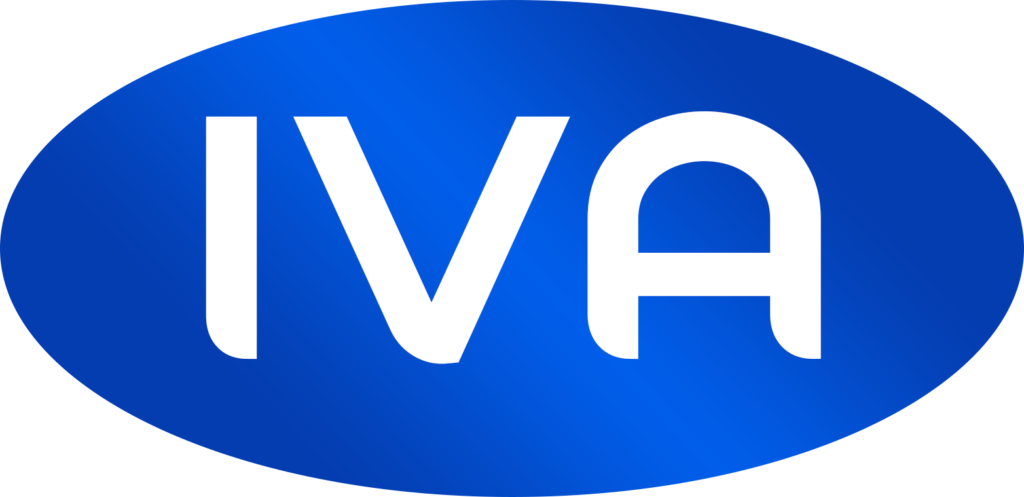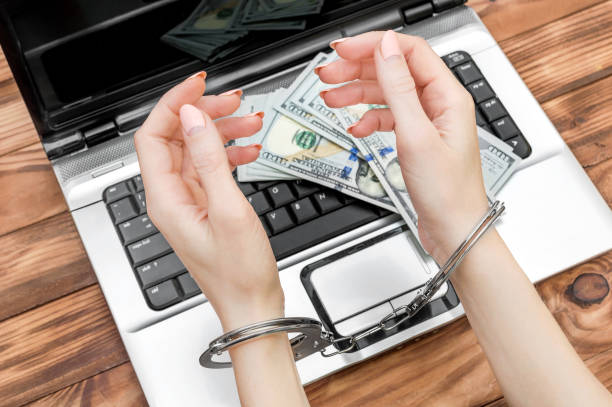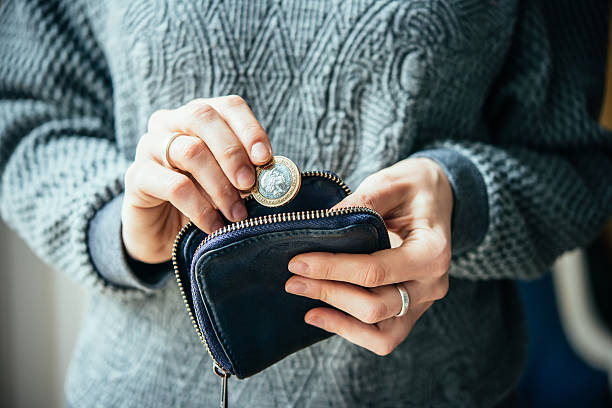What Happens to Your Assets When You File for Bankruptcy?
Filing for bankruptcy can provide financial relief for those burdened by overwhelming debt, but it often comes with questions and concerns about personal assets. Understanding what happens to your property, savings, and other possessions during the bankruptcy process is crucial to making an informed decision. This guide explores how bankruptcy affects your assets, what you may lose, and what you can keep.
The Basics of Bankruptcy and Asset Management
When you file for bankruptcy in the UK, your financial affairs are overseen by an Official Receiver (OR) or an insolvency practitioner. Their primary role is to:
- Assess your financial situation.
- Determine which assets can be sold to repay creditors.
- Ensure you’re left with the essentials to live.
The handling of your assets depends on several factors, including the type of bankruptcy you file and the nature of your property.
What Assets Are Affected by Bankruptcy?
- Home and Property
- Homeowners: If you own a property, it may need to be sold if there is equity in it. The proceeds are used to repay creditors. However, if the equity is minimal, the sale may be delayed or avoided.
- Tenants: Renters generally remain unaffected unless there are arrears, in which case the landlord may take action.
- Vehicles
- If you own a car, it may be sold unless it is essential for work, family needs, or health-related travel. Vehicles below a certain value are often exempt.
- Savings and Investments
- Savings accounts and investments are usually liquidated to pay off debts. Protected savings, such as pensions, are generally not affected unless excessive contributions have been made recently.
- Personal Possessions
- Essential items, such as clothing, furniture, and household appliances, are exempt from sale. Luxury items, such as jewelry or high-value electronics, may be seized.
- Business Assets
- Self-employed individuals may lose business equipment if it is not deemed essential for generating income.
What Assets Are Exempt from Bankruptcy?
Some assets are protected and cannot be taken to repay debts:
- Tools of Your Trade: Necessary equipment for your job (e.g., tools, computers).
- Pension Funds: Most pensions are protected, but recent large contributions may be scrutinised.
- Basic Household Goods: Items essential for daily living are exempt.
Asset Liquidation Process
When your bankruptcy is approved, the Official Receiver:
- Takes Control of Your Assets: A bankruptcy estate is created, including all assets owned at the time of filing.
- Assesses Your Property: The OR evaluates the value of your assets to determine what can be sold.
- Manages the Sale: Non-essential assets are sold, and the proceeds are distributed to creditors.
- Protects Essentials: Items necessary for basic living or employment are safeguarded.
Special Cases: Joint Assets and Shared Ownership
If you share ownership of an asset, such as a jointly owned property:
- The OR will assess the value of your share.
- The co-owner may have the opportunity to purchase your share to prevent its sale.
- If this isn’t possible, the asset may be sold, and the proceeds divided.
How Bankruptcy Affects Future Assets
Once declared bankrupt, you must disclose any assets acquired during the bankruptcy period, such as:
- Inheritance: If you inherit money or property, it may be claimed to repay creditors.
- Windfalls: Unexpected financial gains, like lottery winnings, are also subject to seizure.
Alternatives to Bankruptcy
If the risk of losing assets is a concern, consider these alternatives:
- A formal agreement to repay debts over time without losing assets.
- Debt Management Plan (DMP):
- An informal plan to repay creditors at an affordable rate.
- Debt Relief Order (DRO):
- A low-cost option for individuals with minimal assets and debts under £30,000.
Conclusion: Making the Right Decision
Filing for bankruptcy involves significant changes to your financial and personal life, particularly regarding your assets. While it provides relief from unmanageable debt, it’s crucial to understand the implications fully. Consulting a debt advisor or insolvency specialist can help you explore all options and determine the best course of action for your situation.
How We Can Help
We specialise in supporting UK citizens, including pensioners and retirees, through financial challenges. Whether you’re considering bankruptcy or exploring alternatives like an Individual Voluntary Arrangement (IVA), our expert advisors are here to help. Contact us today for personalised advice and take the first step toward financial stability.
#DebtRelief#IVA#BankruptcyHelp#UKCitizens#SelfEmployedSupport#PensionersFinance#RetireesSupport#FinancialFreedom#DebtManagement#AssetProtection#ApplyForIVA#DebtSolutions#FinancialStability







